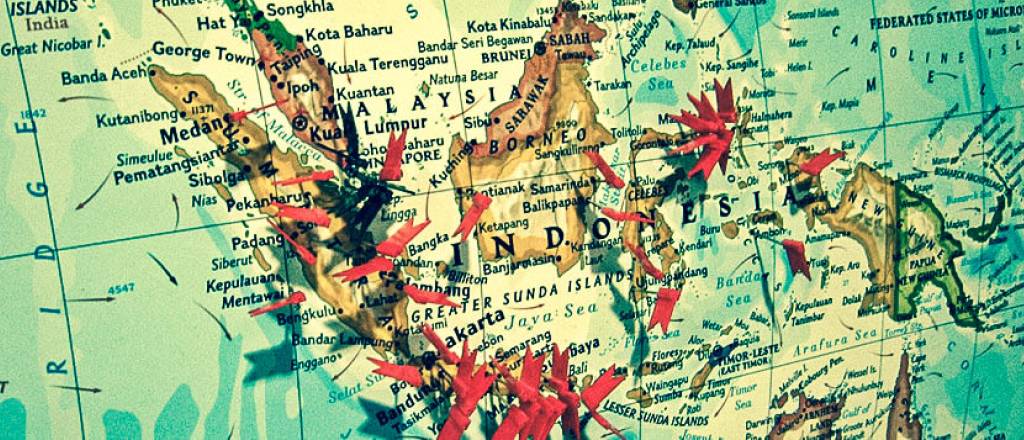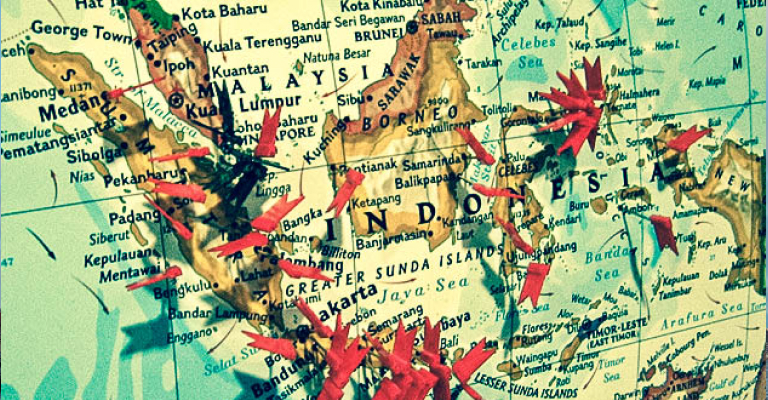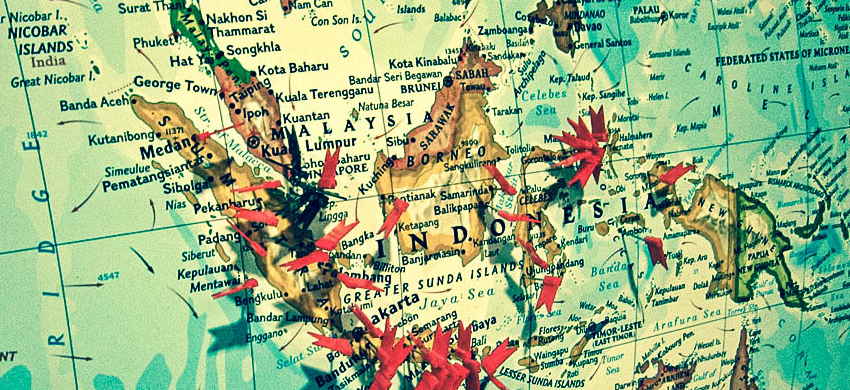Global Affairs Course Offerings
This page contains a catalogue of the courses that have been offered under the Global Affairs major/minor in recent years. It also provides a short description of the core courses that all Global Affairs majors are required to take as part of their degree requirements.
Core Courses
YSS2202 International Relations: This course provides an overview of the evolution and history of international politics. Students taking this course will survey some of the major issues that are the terrain of international politics, from war to the proliferation of weapons of mass destruction, to international trade and finance, to the management of international and intergovernmental organisations. Students will also be introduced to various theories that seek to explain international politics, including realism/neo-realism, different systems theories (anarchy vs. balance of power), and rational choice theory.
YSS3255 International Development: This course addresses causes of (under)development in the developing world, looking at the determinants and mechanisms through which poor countries develop. Students will examining factors at the state and sub-national level the influence poverty alleviation. Students would examine long-term and short-term causes of poverty, issues that are common in developing countries such as authoritarian regimes, civil wars, and corruption. Students will critically analyse the ways in which various attempts at ameliorating poverty by various actors have been attempted and explore when and how they worked or failed. Case studies in the course will explore the development of political structures that enhance human dignity.
Sample Methods Courses
YSS3231 Methods in the Social Sciences: This course equips students with basic skills in both quantitative and qualitative research approaches. Students will be introduced to mixed-methods research in the social sciences, focusing on five primary techniques: Survey methodology, quantitative data analysis, participant observation, in-depth interviewing, and textual analysis. This will be essential preparation before students embark on their capstone projects and will provide a strong foundation for more advanced methodology courses they may take in subsequent semesters. This course is to be taken in Year 2 or 3. Students must have completed Quantitative Reasoning as a prerequisite.
YSS4256 Empirical Qualitative Analysis in Global Affairs: This course provides practical and specialised skill sets for students interested in harnessing their empirical research with qualitative analysis in the study of international politics and global affairs. The course guides students through the understanding, design, and implementation of qualitative approaches that draw upon the traditions of case study methods, process tracing, elite interviews, congruence test, comparative and within-case analysis, among others. Students will apply key aspects of this course to build and test theories employed in Capstone projects in global affairs and identify how empirical qualitative methods complement other research methods.
YSS3331 Quantitative Methods in Global Affairs: This course offers training in quantitative tools to conduct empirical research in Global Affairs. It builds upon the foundations of Quantitative Reasoning and the Methods in the Social Sciences. Topics include the challenges in causal inference, potential outcomes framework, regression analysis, matching analysis, experimental/quasi-experimental (RDD, Dif-in-Dif) methods, instrumental variable analysis, and diagnostics and presentation of data. Students learn statistical and econometric theories and concepts, while gaining hands-on coding experiences using R-programming for Global Affairs capstone projects.
Sample Electives
YSS2218 International Political Economy: This course introduces students to how states and non-state actors (such as multinational corporations and international institutions) influence the production, distribution, and consumption of scarce resources over national borders. Students will analyse the knotty problem of how domestic and international politics influence inter-state economic relations, and how economic relations between states influence international and domestic politics in return. Topics covered in this course include exchange rate regimes, trade policy, international monetary systems, foreign direct investment, sovereign debt, and foreign aid.
YSS2236 Southwest Asia and North Africa: Societies and Politics: The course provides a comprehensive examination of societies and politics in Southwest Asia and North Africa (SWANA). It focuses on the construction and the dynamics of the state system, major ideologies, geopolitics and socio-political trends. The course follows current developments in the region with relation to regional, national, ethnic and communal dispute.
YSS3225 Global Governance: This course introduces students to the history and evolution of international institutions – from formal organisations such as the United Nations to international norms, treaties, and agreements – and the changing nature of diplomacy in the contemporary world. A particular emphasis will be given to understanding different diplomatic strategies, and the role of both states and non-state actors in diplomacy. Prerequisite: International Relations.
YSS3201 International Migration: In this course, students grapple with the questions of why and how people leave their home countries and move elsewhere, and the impacts these people-flows have on both origin and sending countries. The course allows students to investigate and unpack different migrant typologies, such labour migrants vs. refugees, high- vs. low-skilled migrants, and legal vs. undocumented migrants. It also exposes students to emergent patterns of international migration (such as circular, stepwise, and return migration) that are becoming increasingly prevalent in our globalised world.
YSS3254 Globalisation on the Ground: This course takes an ethnographic approach to the study of globalisation, focusing on the impact it has had on the daily lives of individuals, families, and communities around the world, and how they have responded in turn. Over the course of the semester, students will focus on different manifestations of globalisation in consumption and production patterns, transnational labour markets, international migration, inequality, crime, religion, and social movements. At the same time, students will be expected to conduct their own semester-long ethnographic investigations into globalisation in Singapore. This course is distinct from the Introduction to Global Affairs course because of the methods used and level of analysis emphasised.
YSS4223 Politics of Identity in Developing Countries: This course offers an introduction to the study of identity and politics in political science. Students will become familiar with the various theories and approaches to understanding the construction and mobilisation of identities: ethnic, national, linguistic, religious, and sexual. Drawing on the empirical literature on the politics of identity in Southeast and South Asia, and Sub-Saharan Africa, students will learn to evaluate how identities are shaped, and how they in turn determine outcomes such as violence, voting behaviour, allocation of public services, inequality, and inter-group trust and cooperation.
YSS4205 Chinese Foreign Policy: Students will gain a deeper understanding of the major contours of the debate and discussion on China’s contemporary international relations. The course examines the political, diplomatic, military, and economic challenges facing China under conditions of uncertainty in the regional and international system and the processes through which China responds to and manages these external challenges. The course will analyse how existing theories of international relations and foreign policy analysis apply to China to gain a deeper appreciation of the factors that undergird conflict and cooperation in Chinese foreign policy.




